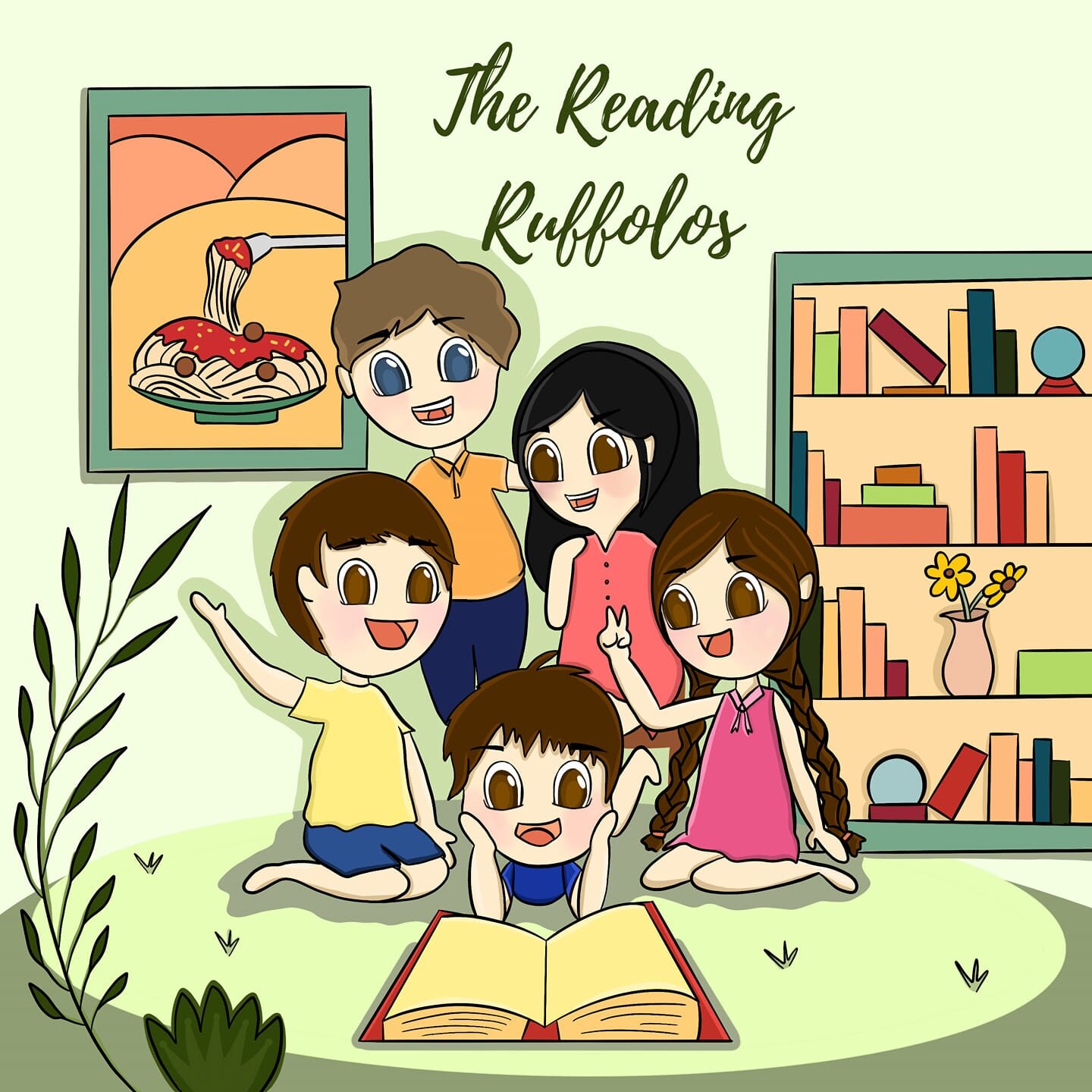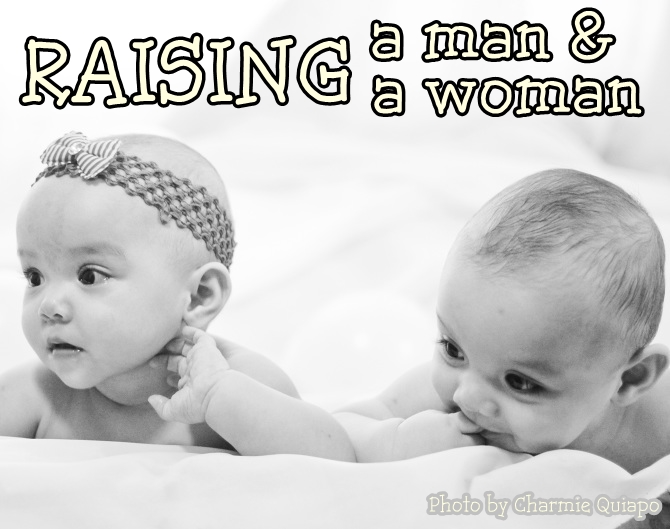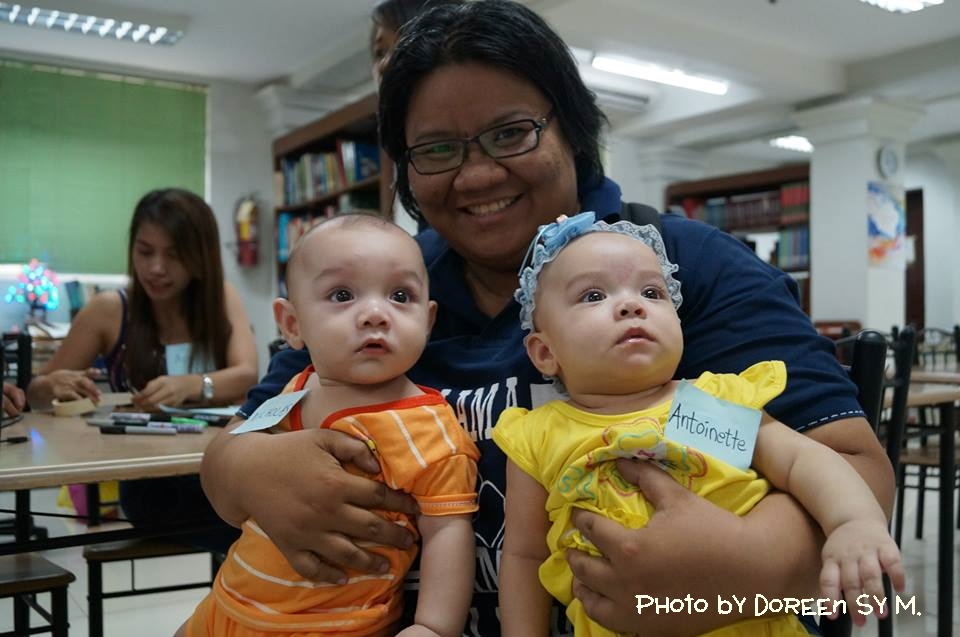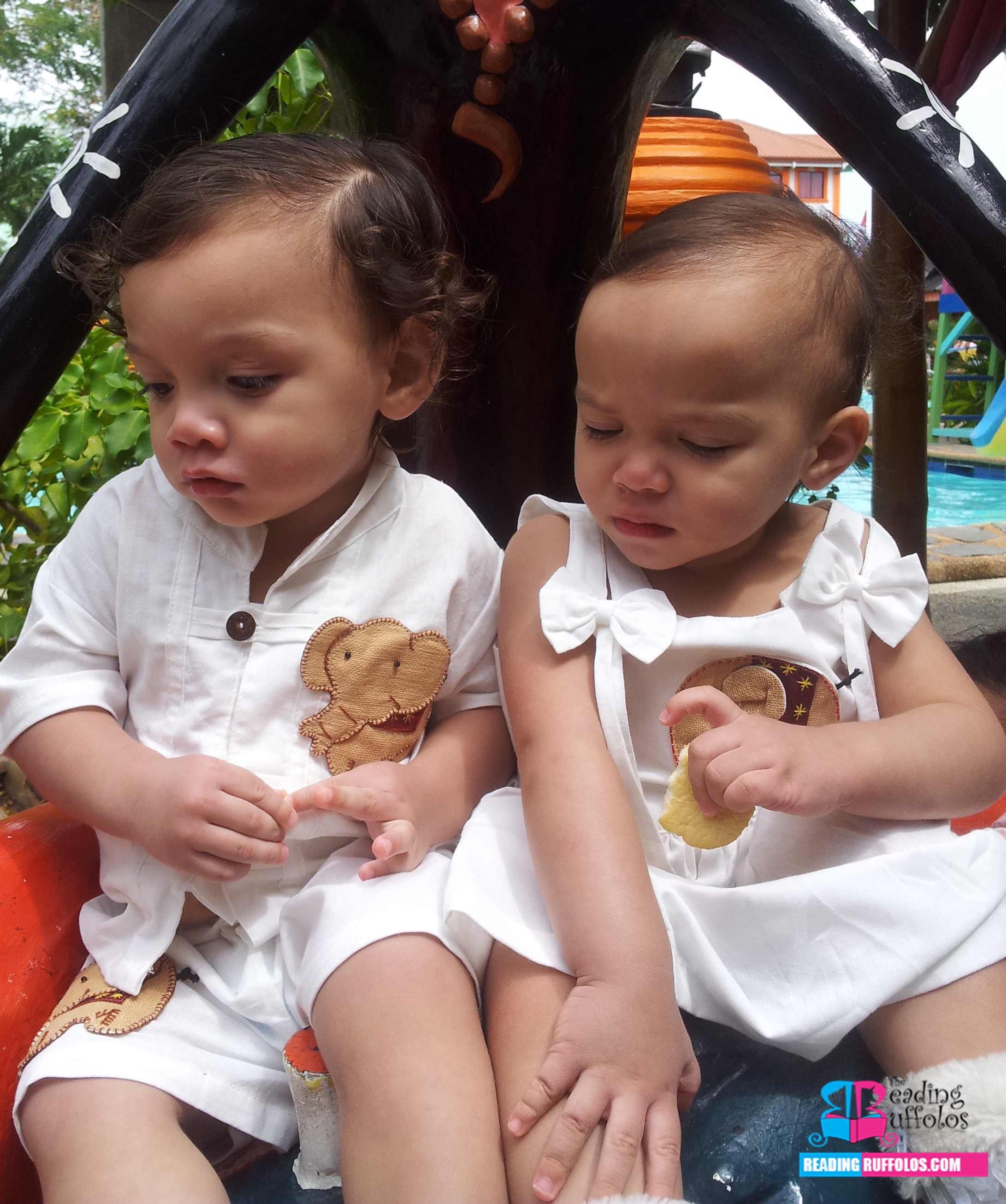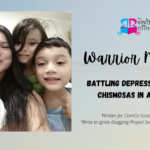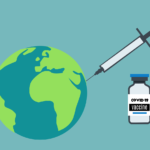“We’re not raising children; we’re raising a man and a woman.”
Jeff pointed this out to me on a Sunday night while Nicholas and Antoinette were walking infront of us, hand in hand.
It was one of those after-dinner walks that we do; a habit that we formed since I’ve been diagnosed with gestational diabetes in this second pregnancy more than a month ago. Jeff has Type 2 diabetes and involving him in this exercise (and diet) is a step towards encouraging him to do something positive to combat also the disease – and likewise involve him in this pregnancy. Read about 5 ways to involve the hubby when you’re preggy.
So there we were, walking just behind the twins who were chattering away, excited to open the gate, and say “hello” to Cassie, the German Shepherd owned by our neighbor, Steve (who by the way is married to a Filipina, who is also pregnant but is still in the Philippines).
“We’re not raising children; we’re raising a man and a woman. Whatever we do today impacts the persons that they will become in the future,” Jeff emphasized.
He was right.
While walking in silence, I remember how my Mother used to tell me that we are not rich; that she doesn’t have any millions of pesos in the bank or vast lands to leave me (and my siblings) to live a comfortable life.
“If you want to have a comfortable life, it’s all up to you. So study well. Be diligent. Be hardworking. Because if you do, you’ll fulfill your dreams and you will have the life that you want,” she said.
As the eldest of four siblings, that little piece of advice that my Mom told me while we were working on my first grade thick and thin liquid Science project stuck to me like graffiti on a public wall. I carried it everywhere I go. I shared it to young people I met. Over time, that lesson has become a cliche in the talks I deliver to empower young people. But to me, that lesson never grows old. It’s a classic; one that needs to be passed on and shared to as many individuals I can reach.
Mommy fears
One of my fears as a mother is for my children to grow up as indifferent teenagers. I fear that they will be too focus on themselves and forget about their innate social responsibility especially to the people who need help the most or advocacies which really need their support.
My children are citizens of two countries. They’re Americans and Filipinos because I am a Filipino (and they were also born in the Philippines) and their father is an American. Many would say that their being American citizens have far more value than their being Filipinos. Using their American passports, they can enter 166 countries without having to secure a visa. Try using their Philippine passports and they will be hounded with endless requirements just to get a tourist visa. I know this by heart. I’ve been through nightmare after nightmare of securing Schengen, Chinese, and American visas.
Healthcare in the United States is a far cry from that in the Philippines. I am experiencing this truth in this second pregnancy, where I am ushered in a room with my healthcare provider, an OB/GYN, who discusses everything with me and make everything known to me. Staff members at the OB/GYN clinic are very professional, friendly, and most of all, follows up on inquiries and requests. The rooms are spacious, clean, and cozy. With insurance, you only pay a minimal amount compared to the cash payment practiced by most hospitals in the Philippines or you will have to move heaven and earth to find that money (or write a promisory note telling the hospital management that you will pay your bill at a designated date). At the hospital where I will be giving birth, a person can pre-register so she doesn’t have to rush to the admissions department to “check herself in” when the most awaited day arrives. The pregnant woman and her partner are given an extensive list/option of childbirth education classes (further subdivided into different classes on labor management, C-section, what to do with new baby, etc.) that they can attend for FREE to educate themselves about the entire pregnancy-delivery-childcare journey. (Jeff and I attended one last Friday and we got a bagful of freebies on top of the comprehensive sharing and lecture by a nurse named Rosie, a retired nurse but has been working since the 70s assisting women giving birth.)
But I always say that my children’s Filipino citizenship is not any less valuable than their being American citizens. Because, if you ask me, one’s citizenship is not solely measured by what your nation can provide you; it is also about what you can give back to your country. Every time I get comments that I am so lucky because I am now in the US, I get mixed emotions. Yes, I’m thankful because I get to experience first-world living (excellent healthcare being on top of my list). But some of these people make it sound like I’ve been waiting for so long to be a permanent resident of the US of A (and later a citizen). They make it sound like I have planned this all along – and that finally my strategically laid out plan is bearing fruits.
These people do not understand why I still continue to be active with the volunteer group, Basadours, which I co-founded with equally passionate young people in 2012. Many of these people do not get it why I still care about the traffic situation in Cebu (Philippines) or why I give a damn about the 2016 Philippine elections. Many of these people don’t know why I get overly emotional when I hear the Philippine National Anthem and think about the heroes who fought for our nation against foreign invaders.
So let me tell you the truth: I care and I give a damn because I am a Filipino.
It is the kind of woman I was raised to be by my mother, who showed me that service to the community is service to God.
“Amen I say to you, as long as you did it to one of these my least brethren, you did it to me” (Matthew Chapter 25:40).
Language and Culture
I speak Cebuano at home and wherever or whenever possible. People often given me weird looks as if I’m speaking a language that is not of this earth. I used to explain our bilingual policy at home but I eventually got tired and just let the weird looks pass unless someone brave (or interested) asks me the question. Speaking my native language (take note it’s a language and NOT a dialect because we have an established literature – novels, poetry, essays – and the language can be used in business communication) is my connect to my very own culture, my very own identity as a Filipino, as a Filipino woman. I don’t speak with a Filipino accent, as many of the Americans would say. But when I speak Cebuano, I speak with the authority of the Philippine heroes who fought with their bolos to regain our freedom from the oppressors. My husband says when I speak my language, I transform into another individual: secure, fierce, decisive, fearless.
As I follow the news on Rappler and the Philippine Daily Inquirer about the heated 2016 elections, my mind wanders to the day when I would bring my family back to the Philippines.
It’s out of the plan these days as my husband is the major breadwinner and I’m pregnant with Baby No.3 with plans to add one more (if I don’t change my mind).
But really, I look forward to coming home to Cebu. To be embraced by the smell of lechon and puso and heck, even the dreaded traffic situation that would, most probably, push me to my wit’s end.
I look forward to showing my children how we take care of our older people; that we don’t send them to foster homes when they’re sick and old.
I look forward to letting my children experience the joy of a town or barangay fiesta where the sound of the pigs’ squealing at 4:00 in the morning is a definite sign that we are officially celebrating. I look forward to attending the Sinulog Festival, and having my children listen to “Batobalani sa Gugma” and have them learn the traditional Sinug dance steps.
I wasn’t just raised by a village; I was raised by a country. A country that defined the kind of woman that I am now; the kind of person that I have grown to become; the kind of person that I actually like and love because I treasure my culture and heritage, and holds close to my heart the values of honesty, respect, integrity, and compassion instilled by my parents.
“We’re not raising children; we’re raising a man and a woman,” says Jeff.
My hope is that Nicholas and Antoinette (and this baby in my womb) would grow as men and woman who live in harmony with the people in their community. I hope that they will grow up to be model citizens of whichever country they live in and that they will never forget that a real man or woman is that person who never forgets to look back to his roots and takes pride of his or her social and cultural identity.
